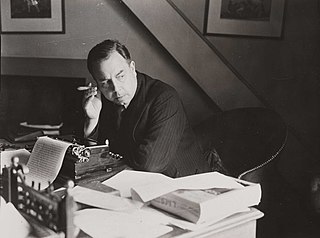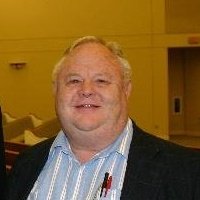A Quote by Robert H. Schuller
How we express ourselves in worship remains up in the air.
Related Quotes
Worship is not music. We can certainly worship Him without musicians and without a song. And by the way, God does not actually seek worship. The Word tells us that He seeks worshippers. He's not looking for those who make the most beautiful music. He's looking for those who worship in spirit ... and in truth. Music is only one of the ways that he has ordained for us to express our worship. Yet too many worship leaders today spend more time honing their craft and planning / rehearsing their worship sets, than they spend on their face, alone in worship.
On the 1st of August, 1774, I endeavoured to extract air from mercurius calcinates per se [mercury oxide]; and I presently found that, by means of this lens, air was expelled from it very readily. … I admitted water to it [the extracted air], and found that it was not imbibed by it. But what surprized me more than I can well express, was, that a candle burned in this air with a remarkably vigorous flame… I was utterly at a loss how to account for it.
How do you like to go up in a swing,
Up in the air so blue?
Oh, I do think it the pleasantest thing
Ever a child can do!
Up in the air and over the wall,
Till I can see so wide,
River and trees and cattle and all
Over the countryside.
Till I look down on the garden green,
Down on the roof so brown-
Up in the air I go flying again,
Up in the air and down!
The real crisis of worship today is not that the preaching is paltry or that it's too drafty in church. It is that people have no sense of the presence of God, and if they have no sense of His presence, how can they be moved to express the deepest feelings of their souls to honor, revere, worship, and glorify God?
As a kid, I wanted to do so many different things; I saw my aunt as an air hostess, and then I wanted to be an air hostess. I found it very glamorous, but when I flew for the first time in my life, and I saw how air hostesses have to slog and how they have to work with everybody going 'ting-ting' and how they have to keep on running up and down.
I can admire the solemn and stately language of worship that recognizes the greatness of God, but it will not warm my heart or express my soul until it has also blended therewith the joyful nearness of that perfect love that casts out fear and ventures to speak with our Father in heaven as a child speaks with its father on earth. My brother, no veil remains.
To worship God 'in spirit and in truth' is first and foremost a way of saying that we must worship God by means of Christ. In him the reality has dawned and the shadows are being swept away (Hebrews 8:13). Christian worship is new covenant worship; it is gospel-inspired worship; it is Christ-centered worship; it is cross-focused worship.
How do we define, how do we describe, how do we explain and/or understand ourselves? What sort of creatures do we take ourselves to be? What are we? Who are we? Why are we? How do we come to be what or who we are or take ourselves to be? How do we give an account of ourselves? How do we account for ourselves, our actions, interactions, transactions (praxis), our biologic processes? Our specific human existence?




































